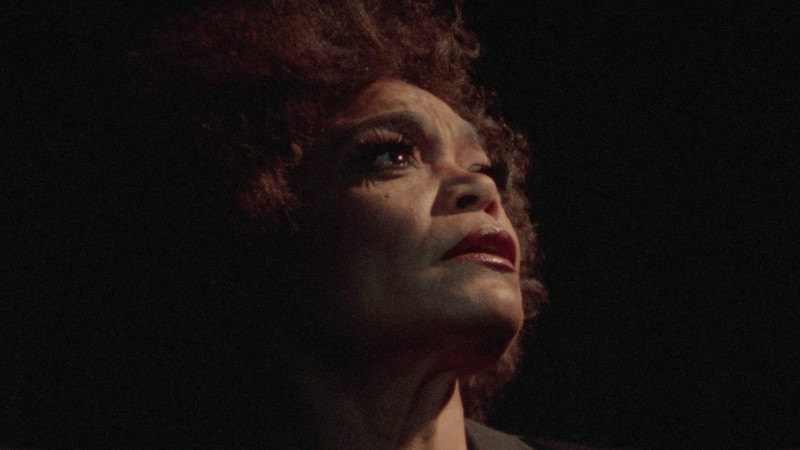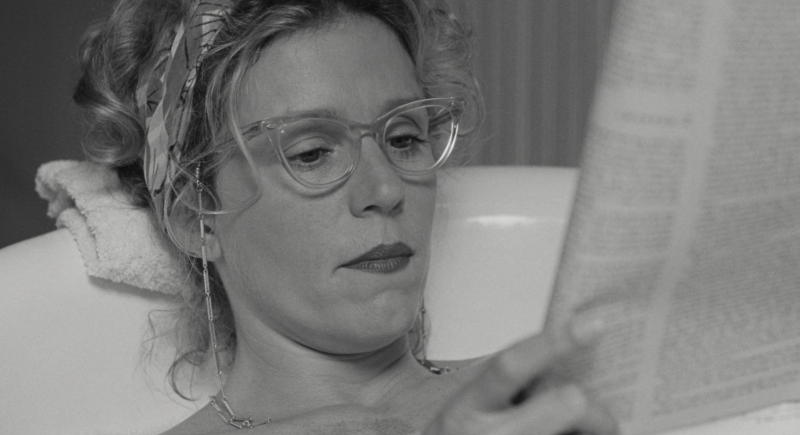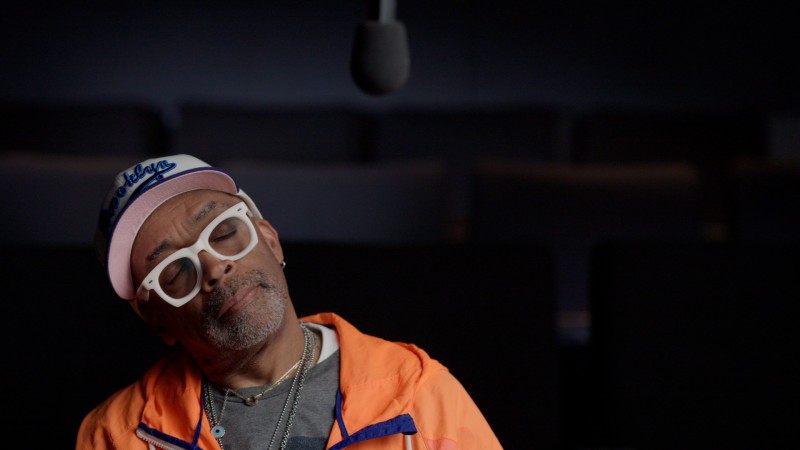On the Roads

Is there any kind of cinema more purely American than the road movie? This country was defined by the roads it built. Explorers opened routes that allowed immigrants to expand across the new nation. Automobiles, born at the end of thenineteenthcentury, enabled Americans to satisfy their hunger for travelwith greater ease than ever before. The motion picture arrived almost simultaneously.And Hollywoodfilmmakers looking for something dynamic to turn their cameras on could hardly improve upon the sight of their neighborsin motion. At heart, the road movie is not a genre but a form that can be applied to almost any genre. There are road thrillers, road horror stories, road westerns, and road science fiction.
And through overa century of change in culture, technology and lifestyles, the road storyhas retaineda special attraction for comic artists. One obvious aspect of the appeal for cinema’s humorists is the road movie’s open, episodic structure. Many comic formats impose a certain rigidity. Farce must play along the taut lines of plot. Satire demands a constant interaction with what is being satirized. The lure of the road comedy is like the lure of the road itself: the fun lies in the unexpected. It’s the people you didn’t know you’d meet, the places you didn’t plan to visit, the friends or the enemies you didn’t expect to make. The end of yourstorymight be as simple asthe arrival at your destination.
As with so much else in the history of movie comedy, seeds of the road comedy can be seen in the work of Charlie Chaplin. The majority of the films of his prime begin with the Tramp wandering off the road into an adventure andend with him back on the road, walking into the distance. That road could lead him anywhere from a traveling circus to the side of a mountain in the Klondike. In essence, his entire oeuvre as the Tramp could be considered one mega road movie.
By the 1930s, the road comedy had become something of a convenient structural device. When Paramount wanted to place three of its existing comedy teams together in Six of a Kind (1934), it sent Charlie Ruggles and Mary Boland off on a road trip with George Burns and Gracie Allen to share expenses, and had them run into W. C. Fields and Alison Skipworth along the way. In Fields’s masterful It’s a Gift of the same year, he, as Harold Bissonette, takes his appalling family on the road to California and an orange ranch he has bought. The sequences that form that trip were inspired by sketches that Fields had performed on their own in the Ziegfeld Follies. Did the sketches motivate the plot rather than the reverse? Does it matter? (I can answer that one—no!)
The same year the Bissonettes were heading west to California, Claudette Colbert and Clark Gable, or at least the characters they played, were heading east to New York in what would be a landmark film and possibly the greatest road comedy of all time, Frank Capra’s It Happened One Night. Capra and screenwriter Robert Riskin’s classic uses the road trip structure to give emotional resonance to the wisecracking of its two leads, having them travel through a world of distinctive supporting characters and memorable incidents, comic and romantic (three words: “Walls of Jericho”).At the film’s opening, Colbert, as the spoiled heiress Ellie Andrews, is isolated from the real world, figuratively by her class and literally by her father, who is keeping her on his yacht to prevent her from running off to join the new husband he disapproves of. Ellie dives off the yacht and swims to shore. After she encounters the just-fired newspaper reporter Peter Warne (Gable), the pair hit the road via one bus, another bus, their own four feet, and a car justifiably stolen from someone who had already stolen from them.
It’s the road itself that democratizes Ellie. That first autobus ride is clearly an alien experience for the heiress, who has until this point remained unaware of the greater world around her. At first,she is uncomfortable with her fellow passengers, but eventually she joins them in song and then feels sympathetic pain for the plight of a mother and son who don’t have enough to eat. (Explicitly here, and implicitly throughout the film, Capra is making a brave choice for a romantic comedy by telling us that this is no movie fairyland but very real Depression America—where buses might serve those who could no longer afford cars and hitchhiking those who could afford neither.) The experience changes her.
Meanwhile, Peter is learning to see Ellie as not just an upper-class twit but a real human being. Off the bus, robbed of their possessions, out of money and food, walking down what now seems an endless road to New York, they become equals. (And, subtly, Capra now makes them Depression victims too—the hunger they find, the people they encounter, and the places they stay, if turned several notches away from comedy, could be found in that very different road movie from 1940, The Grapes of Wrath.) In early scenes, Peter told Ellie she didn’t have a clue as to the proper way to do such simple things as dunking a doughnut or riding piggyback. But now, she lets him know that she just might have a better approach to hitchhiking than he does. (I don’t have to describe that scene for you, do I?) They fall in love, and as they approach the city, the pair, who at first couldn’t wait for it to be over, now don’t want this road trip ever to end. And neither do we.
Indeed, the road and the road comedy kept moving on. In the forties, if you were talking about road comedies, you were talking about Road comedies: those delirious Road to . . . movies in which Bing Crosby and Bob Hope sang and wisecracked their way to Zanzibar, Morocco, Bali, and other distant lands without ever leaving the Paramount back lot.
An astounding seventy years since the Hope/Crosby prime (well, astounding to me), the road comedy continues to thrive. It’s a Gift and the Road pictures can be seen as providing two major templates for many ofthe road comedies to come. Follow the bickering Bissonette family on the road to the future and, in one direction, you will find the more grotesque Griswold family of National Lampoon’s Vacation (1983). In another goes the less outrageous but still eccentric Hoover family of Little Miss Sunshine (2006). And then there are the families that the road creates.In The Muppet Movie (1979) one frog, on a trip to Hollywood, meets a new family of friends for life, including a bear, a pig, and whatever Gonzo is.
The sparky frenemies Bob and Bing played can be seen not just in deliberate imitations like Ishtar (1987) and Spies Like Us (1985) but also under the surfaces of the odd couples of Planes, Trains and Automobiles (1987) and Sideways (2004). Paul (2011) cleverly flipped the Hope/Crosby formula by taking two British comics, Simon Pegg and Nick Frost, and putting them on American roads.
Some films, like Peter Bogdanovich’s Paper Moon (1973) and this year’s Melissa McCarthy vehicle Tammy combine the two forms by sending a couple of combative family members on a trip.
Satirists have used the road comedy for their own purposes. Preston Sturges, in his 1941 classic Sullivan’s Travels, sends a director of popular movies on the road in search of “real life” for future art films,only to have real life teach him the true value of popular movies.And the brilliant Albert Brooks’s Lost in America (1985) finds a yuppie couple crossing America in search of what they too think of as “real life”—but that real life is only what they’ve seen in road movies, and actual reality proves hilariously catastrophic for them.
And It Happened One Night? Maybe it’s the cynical times we live in, or perhaps filmmakers are afraid to go up against that memory, but I find few road comedies that blend laughter and romancewith anything near the warmth and magic of Capra’s masterpiece. Take a look at Rob Reiner’s The Sure Thing (1985), though. Here it is John Cusack taking a trip toward an inappropriate mate while paired with the girl he clearly has no interest in (yet). You may not find a classic here, but you will certainly find more than a little of Capra’s heart.
And here’s another sure thing: as long as there are roads in this country that lead to someplace more interesting than one more fast-food joint, you will find road comedies. Meet me in that little diner off Route 66 for a cup of joe and we can talk about your favorites. And bring a runaway heiress with you.




